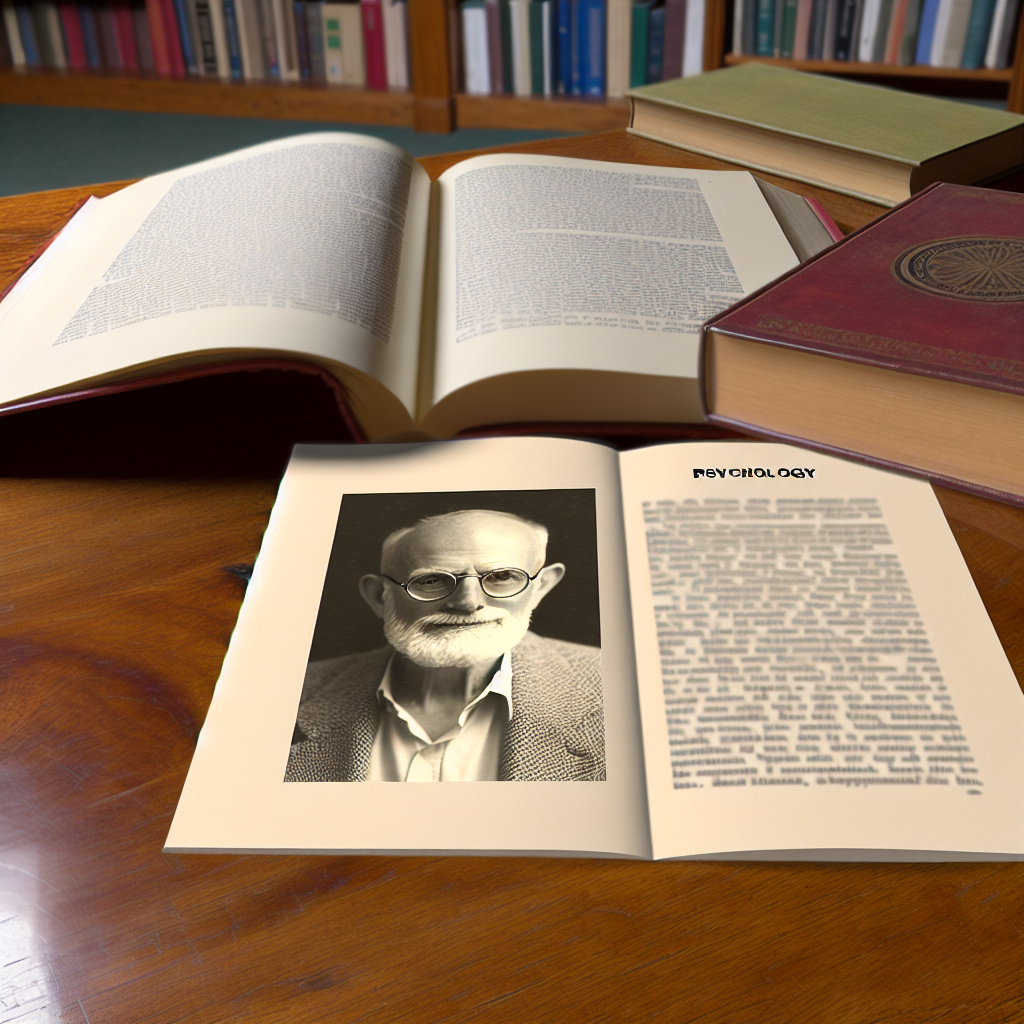Commemorating the Life and Work of Daniel Kahneman, A Pioneering Psychologist
The world is currently mourning the loss of a luminary in the field of psychology, Daniel Kahneman, and paying tribute to his life’s work. Due to his recent passing, people around the globe are exploring his contributions to the understanding of human behavior and decision making, leading to a surge in searches for more information about him and his profound impact on modern psychology.
Daniel Kahneman: A Psychologist Like No Other
Kahneman, best known for his pioneering work in the field of behavioral economics, spearheaded the exploration of judgement and decision-making under uncertainty. He made significant strides towards dismantling the classical economic theory’s Homo Economicus or “economic man” concept.
With his compelling research, Kahneman revealed that humans are not purely rational actors, contrary to traditional economic thought. Instead, the choices we make are often influenced by cognitive biases, challenging the assumption of human rationality in economic theory.
Kahneman’s Recognized Accomplishments
One can hardly overlook Kahneman’s accomplishments in his field when discussing his significance. He was a Nobel laureate, having won the Nobel Prize in Economic Sciences in 2001 for his work on prospect theory, developed with Amos Tversky. Kahneman’s groundbreaking research into cognitive biases and heuristics altered the landscape of economics and psychology, marking a turning point in the understanding of human decision-making processes.
A Legacy That Continues to Influence
Kahneman’s influential book, “Thinking, Fast and Slow,” brought his complex academic theories to a wider audience, making a lasting impact on public understanding of decision-making psychology. It provided invaluable insights into the two systems of the human mind—one fast, instinctive, and emotional, and the other slower, more deliberative, and more logical.
One of Kahneman’s key themes was that our snap judgments or ‘gut feelings’ can often lead us astray, becoming a source of systematic errors or cognitive biases. His book was acclaimed for its accessible exploration of these subtle yet powerful psychological forces that shape our decisions.
Daniel Kahneman’s death signifies a massive loss in the field of psychology, but his contributions to the understanding of human behavior and decision-making live on. His work remains a testament to the power of interdisciplinary study, as he bridged the gap between psychology and economics to help us understand ourselves and our decisions and reshape the course of these fields.
Source: https://trends.google.com/trends/trendingsearches/daily?geo=US#Daniel%20Kahneman
